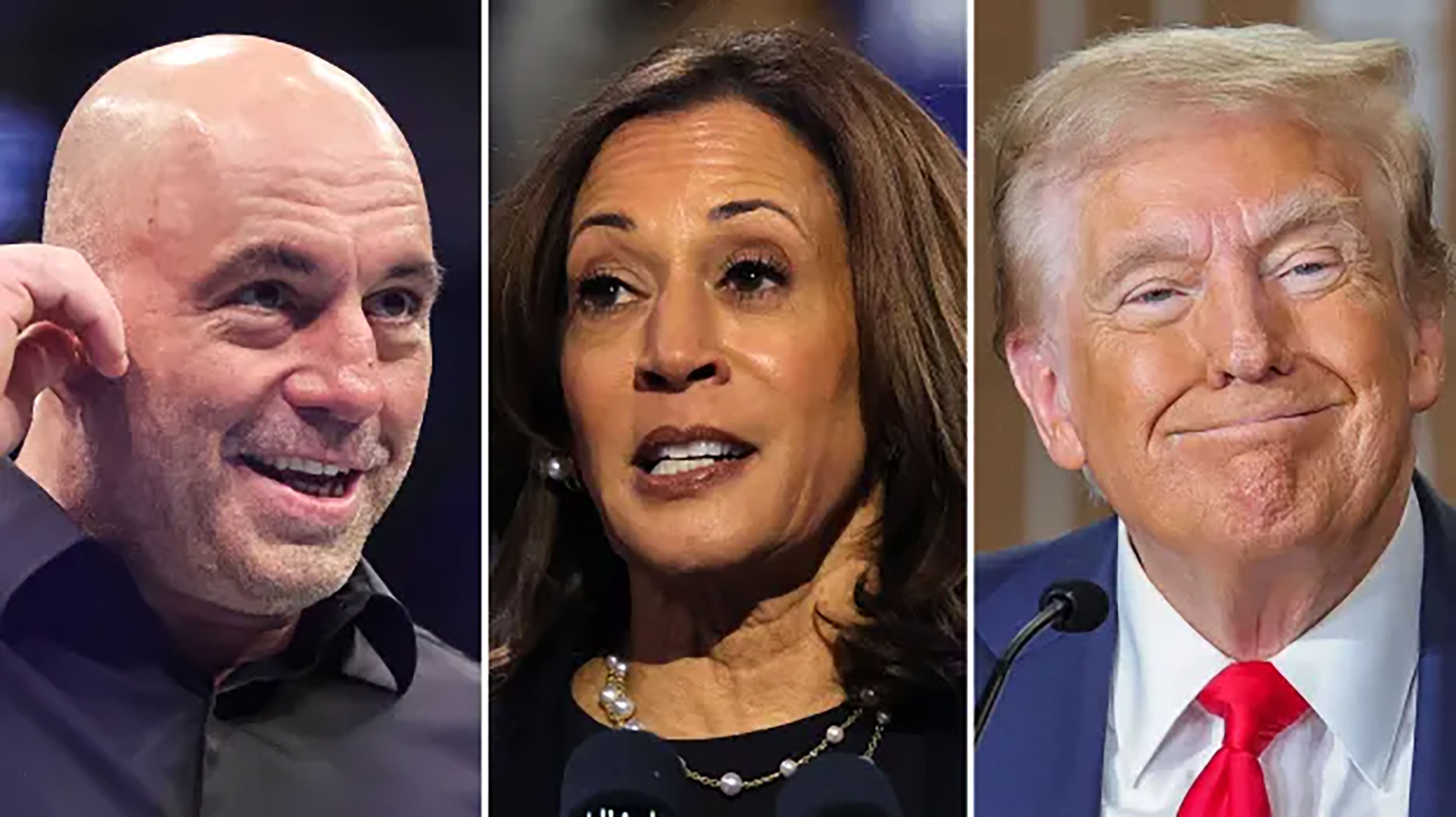Conservatives rebel on health care law
President Trump backs key elements
WASHINGTON - Republicans confronted a conservative rebellion in their own party Tuesday over their long-promised plans to repeal and replace the health care law, and beseeched President Donald Trump to settle the dispute.
In his first speech to a joint session of Congress, Trump embraced a key element of the emerging House GOP health plan, in comments that cheered Republican House leaders and could help bring conservatives back in line.
Trump's remarks were short on details, but for the first time he announced his support for tax credits to help consumers buy health care. House GOP leaders are structuring their health plan around those tax credits, but they've been running into trouble with conservatives in the House and Senate who say they amount to a costly new entitlement.
"We should help Americans purchase their own coverage, through the use of tax credits and expanded Health Savings Accounts - but it must be the plan they want, not the plan forced on them by the government," Trump said as he called on Republicans to make good on long-held promises to repeal President Barack Obama's health care law and replace it with something better.
The comments, cheered by many Republicans in the House chamber as Democrats sat silent, came amid roiling debate on Capitol Hill as conservatives revolt over the tax credits and threaten to vote down a leadership plan taking shape in the House.
"He's the leader on this issue right now; he's the one that's got to hold us together," Rep. Dennis Ross of Florida said ahead of the speech as he left a meeting during which he said Republican leaders urged the rank-and-file to "stay strong" on health care and told them: "Now is not the time to back down."
The dispute comes a month into Trump's presidency, and seven years after the Affordable Care Act passed a Democratic-controlled Congress with Barack Obama in the White House. Now the Republicans are in charge of the White House and Congress. Yet, having spent all those intervening years promising to uproot the law and replace it with something better, they find themselves flailing and divided at the moment of truth.
"What the president can say is that the plan that gets presented to the conference is the one you need to vote 'yes' on," GOP Rep. Bill Flores of Texas said ahead of the speech. "That's how he can be helpful."
Trump didn't go quite that far, but he did back principles enshrined in the emerging House GOP plan, and leadership aides immediately cheered his remarks, especially his support for tax credits.
Trump also spoke of ensuring that people with pre-existing conditions continue to have coverage and giving flexibility to governors to manage the Medicaid federal-state health care program for the poor.
It remained to be seen whether Trump's remarks would convince rebellious conservatives. After a recess week filled with raucous town hall meetings, lawmakers' return to the Capitol this week immediately put deep divisions on display. The two leading conservative groups in the House both announced their opposition to House leadership health care plans based on a leaked draft and reports that the bill would cost more than expected while covering fewer people than the Affordable Care Act.
And three key conservative senators, Mike Lee of Utah, Rand Paul of Kentucky and Ted Cruz of Texas, added their voices in opposition, too, announcing that they will resist "Obamacare Lite" and "accept nothing less than full repeal of Obamacare."
"I think we have the votes now to tell the leadership that this is what we want to do," Paul said on a conference call with House conservative leaders Tuesday.
Senate Majority Leader Mitch McConnell of Kentucky summoned Republicans to a meeting this afternoon to hash things out.
"The goal is for the administration, the House and the Senate to be in the same place," McConnell said on health care. "We're not there yet."
Health care is far from the only issue dividing Republicans. Plans to overhaul the tax code have them tied in knots, and senior lawmakers are busy throwing cold water on Trump's budget proposal, which was made public in broad outlines on Monday. The budget envisions a huge $54 billion surge in U.S. military spending while slashing domestic programs and foreign aid.
Asked Tuesday whether the Senate could pass a budget that slashes the State Department budget by a third as Trump envisions, McConnell replied shortly: "Probably not."
And, Trump's budget would leave large deficits intact while sparing Social Security and Medicare, the entitlements that make up an enormous and growing share of the federal budget. That puts Trump in direct conflict with Ryan and other leading Republicans who've long advocated adjusting entitlement programs to put them on a more sustainable footing and get deficits under control.
Trump made no mention of Medicare or Social Security Tuesday night. And Ryan himself, pressed on whether he still favored reforming entitlements, something that has been his legislative calling card for years, claimed that repealing and replacing Obamacare actually qualifies as entitlement reform.








